“The golden age begins right now,” said the 47th president of the United States as he began his inauguration speech in the Capitol Rotunda. What followed was a thirty-minute speech, during which Donald Trump stayed both on script and on message, reiterating his promise to declare a border crisis, deport foreign criminals, return America’s title of energy independence and to ramp on tariffs on foreign countries to “protect American workers and families.”
Trump aides had promised that, eight years on, the president’s second swearing-in speech would be different. Gone were the days of promoting “American carnage.” Today, the message was to be one of unity.
Here, the president took baby steps, his choice of tie — both red and blue tie, as to appear purple on stage — did a lot of the heavy lifting. The proudest legacy he could create, he said, would be one of a “peacemaker and a unifier,” promising to measure his success by “the wars we end and, perhaps more importantly, the wars we never get into.” He did not mention Russia’s war against Ukraine by name (he did mention the return of Israeli hostages the day before his return to the White House), but his words strongly implied this was the conflict in his focus. They were evenly balanced out by promises to expand US territory, reiterating that his sights remain set on both Greenland and the Panama Canal.
Never mind the land grabs, it’s “Liberation Day,” exclaimed Trump, in America anyway. Other countries may not fare as well, especially if they are the targets of Trump’s new tariffs, which he has said will hit both Canada and Mexico from day one. “We will tariff and tax other countries to enrich our citizens,” pledged the president, who re-announced his plan for the “External Revenue Service,” which will oversee the taxes paid on foreign imports, and will account for “massive amounts of money pouring into our Treasury, coming from foreign sources,” according to Trump.
Not everyone is convinced. Despite Trump’s repeated promise that it’s foreign countries that pay for tariffs, not American consumers, groups such as the Tax Foundation say otherwise. The think tank calculated this summer that the $79 billion worth of tariffs implemented in Trump’s first term — and largely kept by Joe Biden’s administration — added on a conservative $200-300 in costs for the average US household. That’s because tariffs — more simply described as taxes — are almost always passed on to consumers, hiking the cost not just for foreign companies to export to the United States, but for Americans to either buy the imported goods or to buy goods made within the country, very often at a higher price point.
Is Trump ready to take this risk? Those close to Team Trump have long suggested that a harsh tariff regime is not the end goal, but rather the president’s way of getting countries to negotiate trade deals or make bigger contributions in areas like defense. It’s notable that tariffs are not part of the president’s “day one” strategy. This hints that negotiations are really the intent behind the trade war threats — as did his appointment of Scott Bessent to the role of Treasury secretary, who comes from a far more traditional, free-market background.
But if other countries don’t play ball, will Trump really risk the economic climate he has inherited? The economy grew by an annual rate of 3.1 percent in the third quarter of last year — the kind of growth European leaders simply dream to achieve. The jobs market has been surprisingly strong, with the payroll count surging last month, while the unemployment rate fell to 4.1 percent — faster than the consensus had expected.
Promising this afternoon to stamp out inflation and to boost energy production (to “rapidly bring down costs and prices” he said), it would be counterproductive, to say the least, to then usher in trade policy that cancels out the financial benefits created by other parts of his agenda.
Of course, Trump may not feel these trade-offs apply to him. “I was saved by God to make America great again,” he pronounced this afternoon, and in return received a standing ovation from his supporters. This is a president who believes he is back in the Oval Office for a reason. Who is he to be constrained by economic rules?



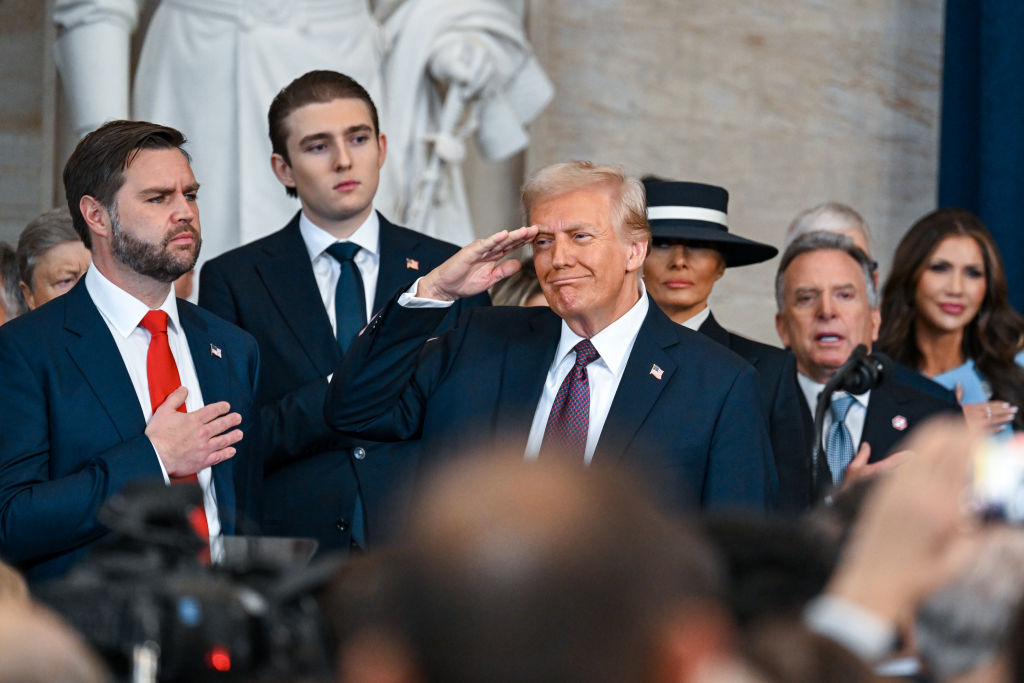






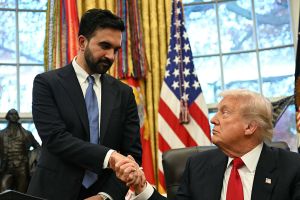

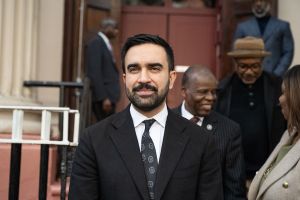

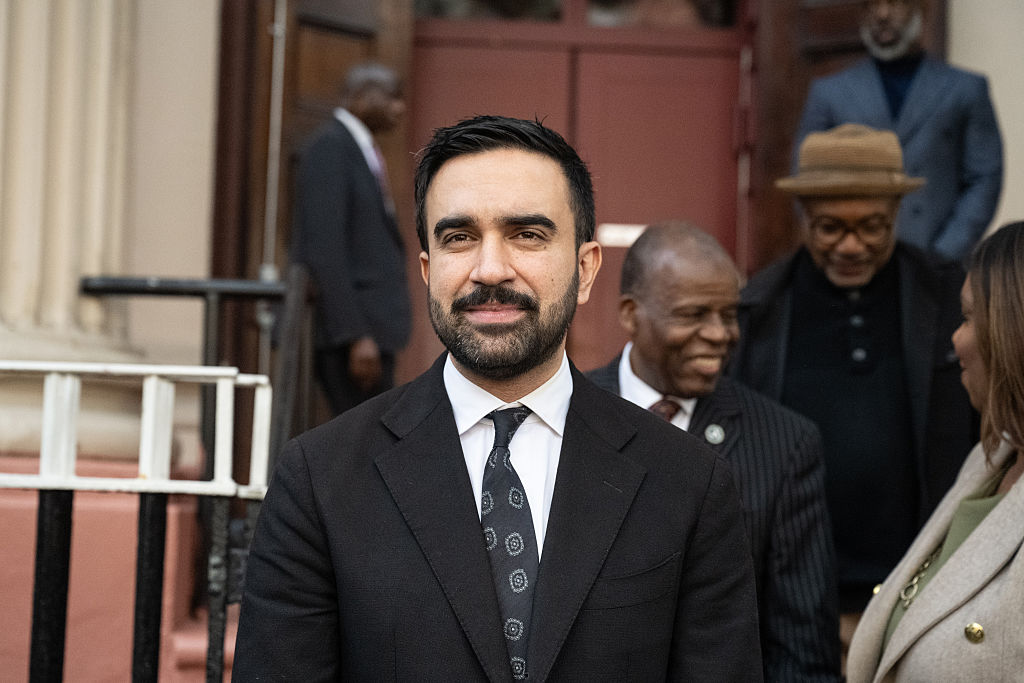



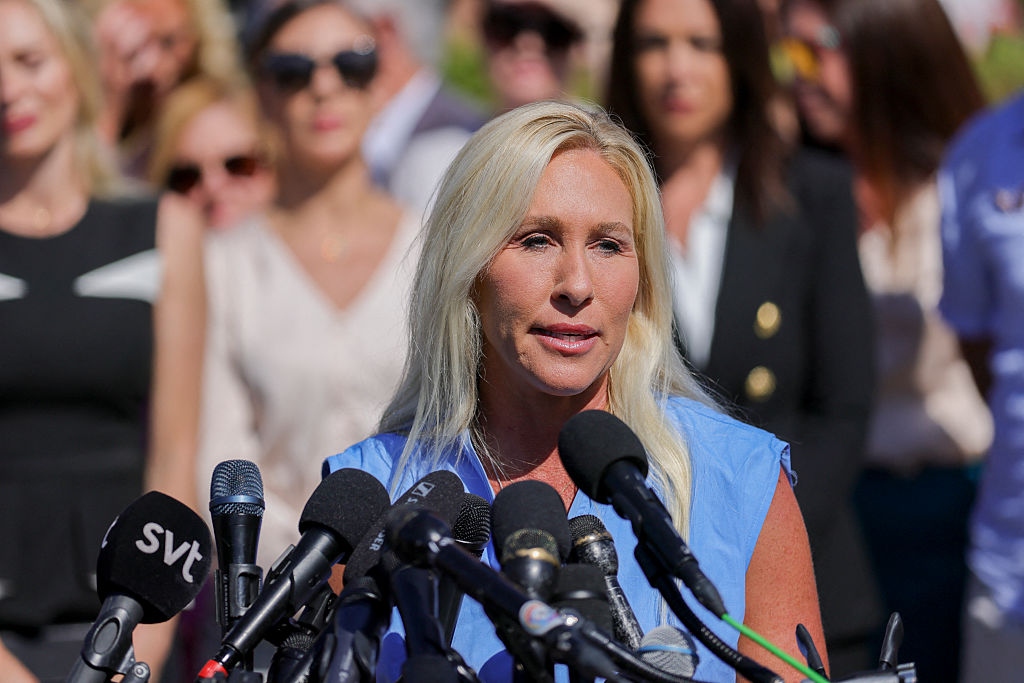







Leave a Reply